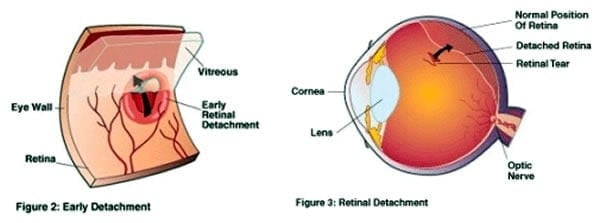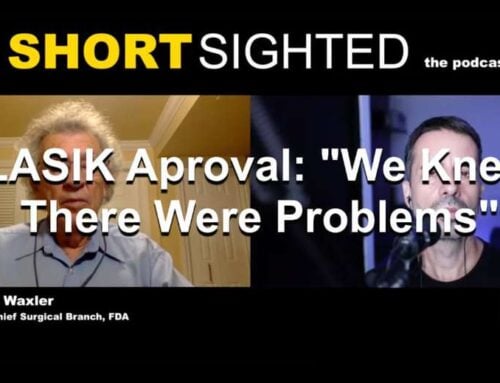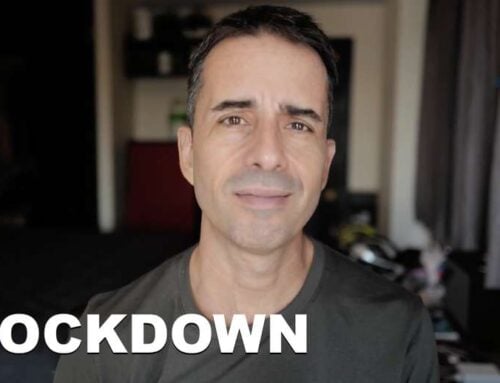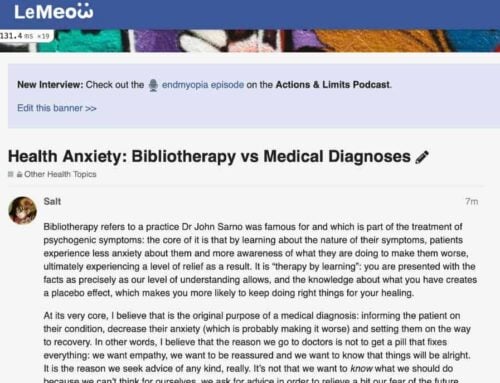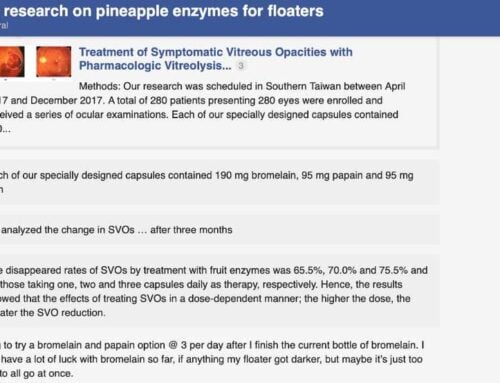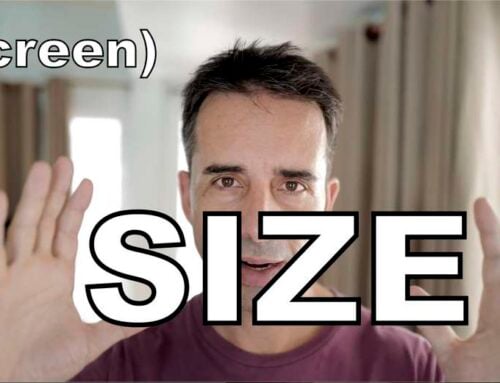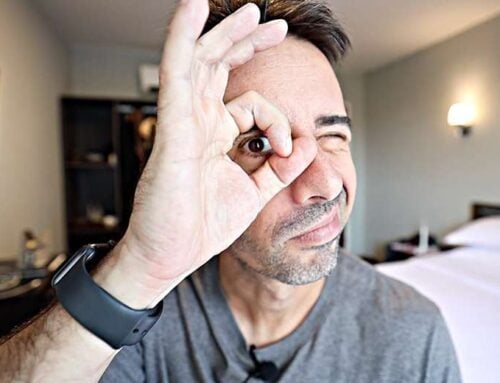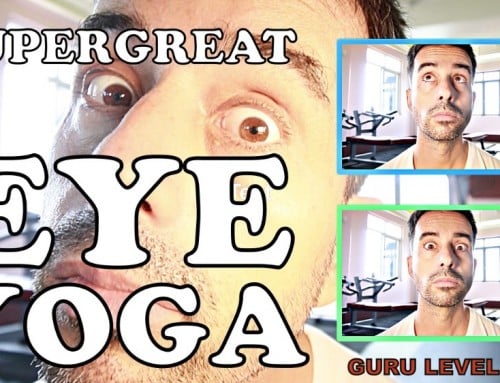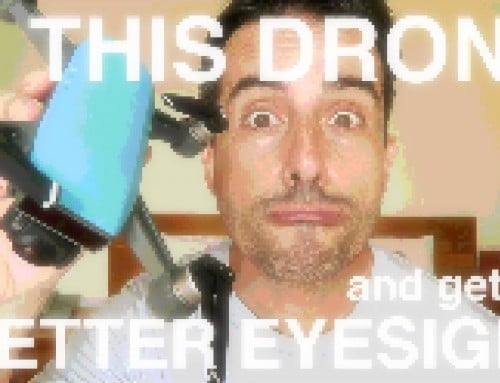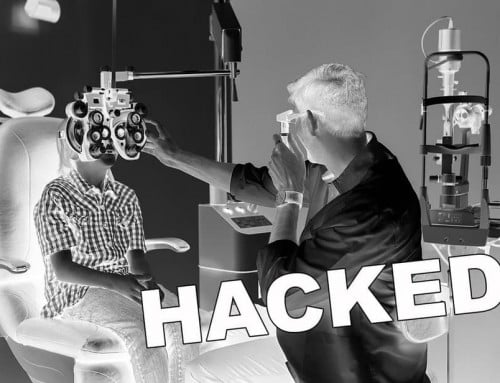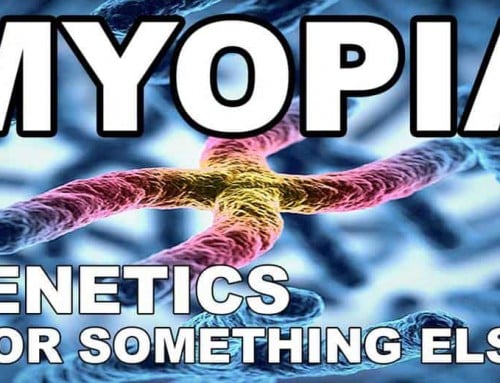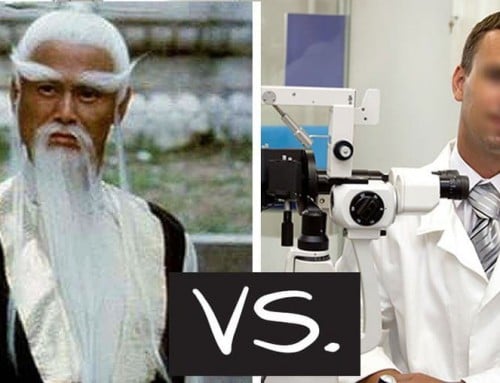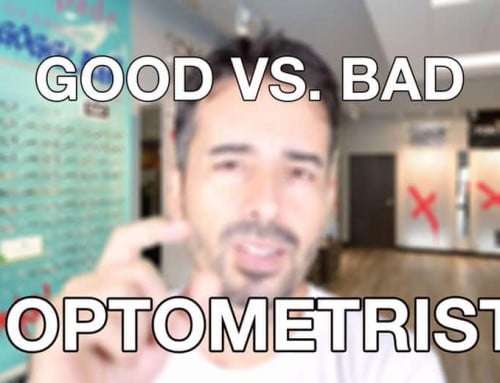We talk quite a bit about retinal detachment here, on the blog (here, here, here, here, here and quite a few other posts). It’s one of those conditions that you might be able to avoid by practicing good eye health habits. It’s also one of those scenarios you can’t put off “for a few days”, if you ever experience symptoms. You do seriously risk going blind, irreversibly, if you do.
Last month a study published in JAMA Ophthalmology highlighted the notable percentage of people who may not be aware of symptoms of retinal detachment. Despina talked about retinal detachment yesterday, incidentally, another article worth a quick read.
While the JAMA study makes a good point about eye health literacy and the need to educate the public about retinal detachment, there is an even bigger issue here.
For one, retinal detachment risk is strongly correlated to myopia degree. The higher your myopia, the higher your retinal detachment risk. In recent years high myopia has been on the rise significantly, making this an increasingly urgent problem for more of the population. The medical industry wants you to know that floaters and sudden light spots in your vision require an immediate trip to the doctor, and behind closed doors they’re also bragging about all the profit increases for the treatment:
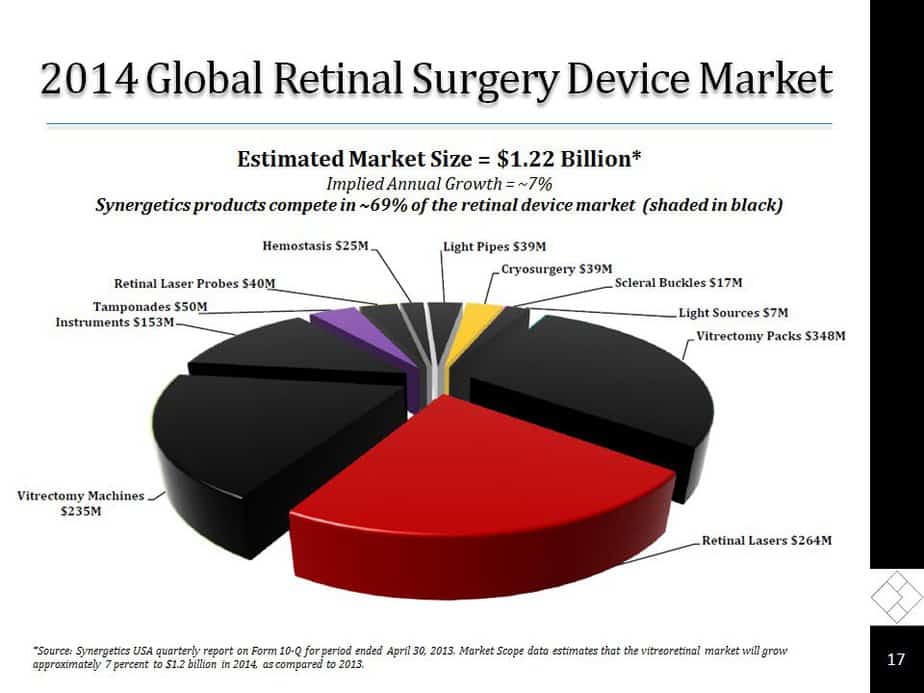
That’s right. It’s “market size” and “annual growth”.
You do absolutely need to seek medical assistance immediately, if you experience these symptoms. As much as I rail against mainstream optometry, once you are at retinal detachment risk, you need to be aware of symptoms and not delay treatment.
This is the unfortunate reality today. Retail medicine will symptom manage your health until there is an acute condition to treat, which is as profitable as it is unavoidable for you, the one afflicted.
Naturally one could also argue that eye health literacy should extend to myopia causes and natural myopia control, but as we know there is little financial incentive (or connection between medical science and retail medicine) for this to happen. If you learned how to prevent myopia progression, or even reduce your own myopia, your risk for retinal detachment can be reduced to a degree where you are highly unlikely to ever be faced with the condition. Prevention unfortunately isn’t profitable, but acute symptom treatment is.
Here’s that study on eye health literacy:
Importance Emergent ophthalmic disease can lead to permanent visual impairment or blindness if medical attention is delayed. Awareness and knowledge of emergent ophthalmic disease may be important for early medical presentation and maximization of visual prognosis in some cases.
Objective To assess public awareness and knowledge of 4 emergent ophthalmic diseases.
Design, Setting, and Participants This cross-sectional study was conducted from June 1 to July 30, 2015, in the waiting rooms of the outpatient internal medicine resident clinic at Mount Sinai Hospital. A written survey was administered to evaluate awareness and knowledge of retinal detachment, acute angle-closure glaucoma, giant cell arteritis, and central retinal artery occlusion. Awareness of each disease was assessed by whether participants knew what the diseases were (yes or no). Knowledge was evaluated by responses to 3 questions for each disease, including 1 question about basic pathophysiologic features, 1 question about basic symptoms, and 1 question about basic treatment options. All English-speaking patients who were physically and cognitively able to fill out the survey without assistance were considered eligible and offered the opportunity to participate during times of survey distribution; 237 completed the survey. Demographic information, including age, sex, race, income, and educational level, was collected. Data were assessed from August 1 to 7, 2015.
Main Outcomes and Measures Awareness of each ophthalmic disease was determined by the proportion of respondents who answered yes, and knowledge was determined by the proportion of aware respondents who answered the knowledge questions correctly.
Results Two hundred thirty-seven patients (of 227 who gave complete demographic information, 76 men
[33.5%], 151 women [66.5%], and mean [SD] age, 51.3 [16.8] years) completed the survey. Awareness of each of the diseases studied was low; 61 of 220 respondents (27.7%; 95% CI, 21.8%-33.6%) were aware of retinal detachment; 32 of 219 respondents (14.6%; 95% CI, 9.9%-19.3%), acute angle-closure glaucoma; 11 of 216 respondents (5.1%; 95% CI, 2.2%-8.0%), giant cell arteritis; and 10 of 218 respondents (4.6%; 95% CI, 1.8%-7.4%), central retinal artery occlusion. Respondents who were aware and knowledgeable ranged from 29 of 199 (14.6%) for the pathophysiologic features of retinal detachment, 1 of 208 (0.5%) for the symptoms and 2 of 203 (1.0%) for treatment of giant cell arteritis, and 1 of 193 (0.5%) for the pathophysiologic features of central retinal artery occlusion.Conclusions and Relevance Levels of awareness and knowledge of emergent ophthalmic diseases are low. These results indicate a need to educate the public about these acutely vision-threatening entities to ensure early medical presentation, to achieve the best possible visual prognosis, and to preserve quality of life.
No mention of prevention and health, naturally, just getting people to the doctor when it’s time for that high priced surgery.
If you aren’t going to practice prevention and natural myopia control, you should absolutely at least be aware of acute symptoms, and see a doctor immediately if they occur.
Cheers,
-Jake

